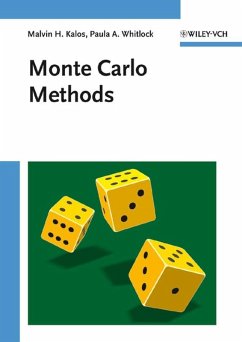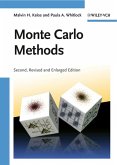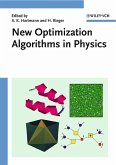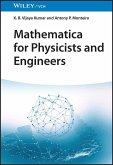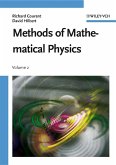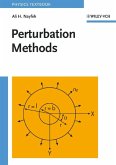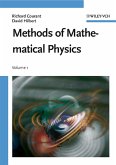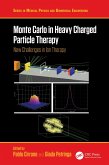This introduction to Monte Carlo Methods seeks to identify and study the unifying elements that underlie their effective application. It focuses on two basic themes. The first is the importance of random walks as they occur both in natural stochastic systems and in their relationship to integral and differential equations. The second theme is that of variance reduction in general and importance sampling in particular as a technique for efficient use of the methods. Random walks are introduced with an elementary example in which the modelling of radiation transport arises directly from a schematic probabilistic description of the interaction of radiation with matter. Building on that example, the relationship between random walks and integral equations is outlined. The applicability of these ideas to other problems is shown by a clear and elementary introduction to the solution of the Schrodinger equation by random walks. The detailed discussion of variance reduction includes Monte Carlo evaluation of finite-dimensional integrals. Special attention is given to importance sampling, partly because of its intrinsic interest in quadrature, partly because of its general usefulness in the solution of integral equations. One significant feature is that Monte Carlo Methods treats the "Metropolis algorithm" in the context of sampling methods, clearly distinguishing it from importance sampling. Physicists, chemists, statisticians, mathematicians, and computer scientists will find Monte Carlo Methods a complete and stimulating introduction.
Dieser Download kann aus rechtlichen Gründen nur mit Rechnungsadresse in A, B, BG, CY, CZ, D, DK, EW, E, FIN, F, GR, HR, H, IRL, I, LT, L, LR, M, NL, PL, P, R, S, SLO, SK ausgeliefert werden.

